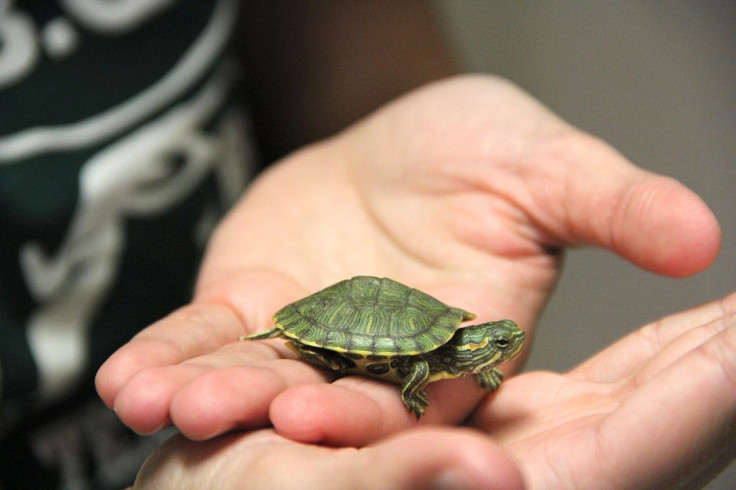More Than Half Of Turtle And Tortoise Species Face Near Extinction

As per a new report, our carapace-carrying friends are in trouble because more than half of all turtle and tortoise species face the threat of extinction.
Turtle And Tortoise Species Face Extinction
If you ever visit the island of Madagascar, you’ll see one of the world’s rarest treasures. Locked behind gates, razor-wire fences and 24-hour armed security, there lives a wild population of ploughshare tortoise. Although not shiny or made out of rare crystals, this group of tortoise are worth roughly $50,000 each on the black market since they’re the last wild population of the rarest tortoise on the planet.
Why is this so? It is because the ploughshare tortoise is experiencing the same problem that more than half of all turtle and tortoise species are facing: extinction.
This is all according to a new paper published in the journal Current Biology. Made by a group of 51 global turtle and tortoise experts, the study highlights the extinction risks that these animals are facing, citing loss of habitat, pollution, invasive species, climate change, pet trade and overconsumption as multiple factors that triggered it. Additionally, the group behind the research also recommended some actions to help challenge it.
Per the IUCN Red List criteria, 187 out of all 360 known turtle and tortoise species are threatened while a total of 127 of them are critically endangered. If no actions could be done, some of them could even face extinction this century.
"It is overwhelming when it’s all put together," Kristin Berry, a U.S. Geological Survey (USGS) wildlife biologist and co-author of the paper who has spent the last 40 years of her life studying tortoise species, said.
For the world’s 25 most endangered turtle and tortoise species, the biggest contributor to their declining numbers remain trade exploitation, which is very common in East Asia where they are used in both food and medicine. There are also illegal markets coming out of North America, Europe and Africa.
Per the authors, helping save these species from extinction demand a lot of work and should start with protecting their habitat as well as reducing their demand in the black markets.



























